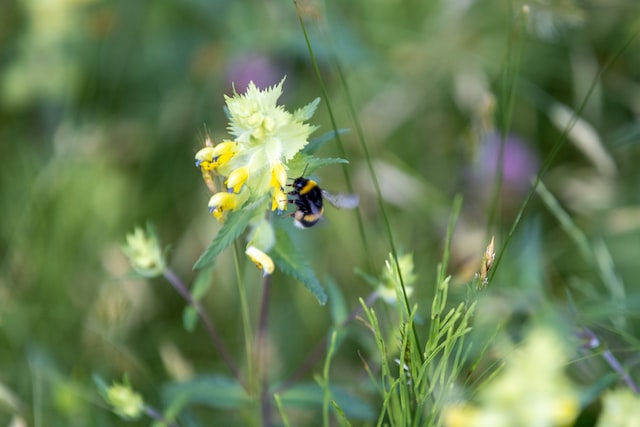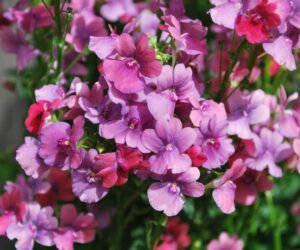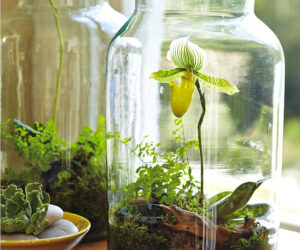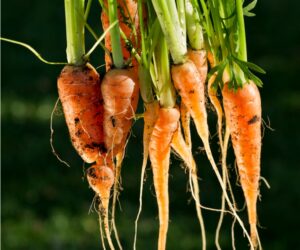
Over the past decade, both wild and honey bees have rapidly declined, creating cause for concern. You see, bees are a keystone species, meaning they significantly impact the environments around them.
Fortunately, by planting pollinator plants in your garden, you can provide nutrients for bees in your area, helping to create safe, bee-friendly spaces in the surrounding ecosystem.
Below are some of the best pollinator plants for your garden to help save the bees.
Garlic
Garlic is an excellent option for your garden, benefiting both you and hungry bees. Though garlic might not be the first plant to come to mind when you think about pollinating, but when garlic flowers, it provides a great source of nutrients for bees and other pollinators.
Growing organic garlic in your garden with high-quality garlic seeds is a sure-fire way to attract pollinators while yielding delicious, fragrant cloves.
Lavender
Pollinators love Lavender for its lengthy blooming period, giving bees access to quality nutrients. In addition to being an excellent choice for environmental reasons, Lavender also smells great and has been shown to repel mosquitos.
Lavender can also help with sleep, pain, blemishes, and even hot flashes during menopause. Additionally, the smell of Lavender reduces stress for many people, making it a favorite scent for soaps and candles.
But the benefits don’t end there—Lavender oil has even been shown to combat the growth of fungi.
Goldenrod
Another beautiful addition to your garden is Goldenrod. Not only does it attract pollinators, but it also blooms later in the year, which can help bees reach their honey goals into the winter.
Though Goldenrod thrives best in native ranges, with a little TLC, you can watch this vibrant, yellow flower bloom in any environment. Goldenrod is also an essential food for migrating monarch butterflies, which were recently declared endangered.
Dahlias
Growing Dahlias in your garden is a great way to support pollinators, as they bloom until the first frost, so they are an excellent food source towards the end of the season.
The best Dahlias for supporting pollinators are open-flowered varieties, such as Dad’s Favorite and Apple Blossom Dahlias.
Cucumbers
Cucumbers are another delicious way to attract pollinators while growing food for yourself. Cucumbers are great vegetables to grow if you don’t have a large garden because they thrive in pots.
Additionally, cucumbers have multiple health benefits for you as well as bees, keeping you hydrated while being a great source of vitamins A and K.
Black-eyed Susans
Black-eyed Susans are great flowers to grow in any garden, requiring little maintenance once they establish a root system. Plus, they’re perennials and will come back year after year with proper care.
Additionally, Black-eyed Susans are drought resistant and a good source of nutrients for pollinators.
Wrapping up
There is no shortage of plants that can benefit both you and the pollinators that surrounding ecosystems rely on. Whether they’re pest repellent, edible, or simply a stunning sight to see, you can’t go wrong adding any of these pollinator-friendly plants to your garden.



